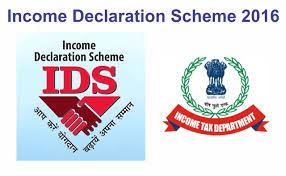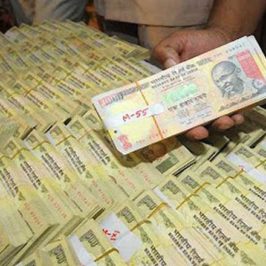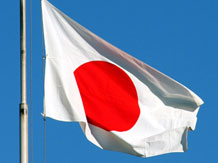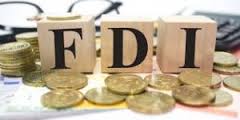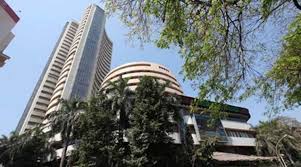
After receiving ground reports of difficulty faced by tax officials in collecting comparative data from unwilling assessees, the Central Board of Excise and Customs (CBEC) has written to all commissioners urging them to intensify their efforts and challenge the objections raised by taxpayers in sharing information. As FE reported earlier, CBEC had asked tax commissioners to collect granular data of taxes paid and credit availed by assessees under the goods and services tax (GST) for the July-October period and compare the same with data from the corresponding period of last fiscal. This, the board hopes, will bring out any anomalies in tax payment and utilisation of input tax credits (ITC), including transitional credit, by taxpayers. “When ‘resourceful officers’ are instructed by the special secretary to get the requisite data using their unjustified pressure, he seems to have bureaucratic overreach. Tone and tenor of the letter is such, as if, CBEC has issued an indictment order against chartered accountants on a holiday. Under digital India programme, the government is spending billions to control tax terrorism by eliminating interface of tax officers with taxpayers, here we witness complete negation of such policies,” Rajat Mohan, partner at AMRG & Associates, said.
CBEC has mentioned certain objections raised by the taxpayers in sharing the required information and also suggested ways to counter such resistance. For instance, some assessees have claimed that their chartered accountant (CA) was out of station and hence data couldn’t be shared. In his letter, CBEC member John Joseph said that it was improbable for CAs to go on long leave in the month of December as they would be busy filing I-T returns, hence they should be contacted and data should be collected from them.
“The name of the CAs who are not cooperating with the department along with the name of the name of the companies being handled by them may be intimated to his office,” the board said in the latest missive to field staff.Further, some assessees have said that they come under the jurisdiction of the states’ administration and would not share data with central officials. Responding to this, the letter said: “The list of such assessees who refuse to part with the data, may be indicated and reported to this office. However, it is felt that if the officer is resourceful then he/she should be able to collect the data.”
While CBEC had earlier provided tax filing data collected through the summarised return GSTR-3b with all the commissionerates, it has now also provided them with information on transitional credit claimed by assessees through the TRAN-I forms. “Comparison of data should be possible now as you are being supplied with the GSTN data on trans credit. Please analyse the data, report discrepancies/disputed credit if any along with reasons for the same,” the letter said. Officials tasked with collecting data have said that since assessees are being asked for data informally without being under investigation, the taxpayers are within their right to refuse to share such information. This has presented a twin problem for officials tasked with the exercise, as assessees can’t be forced to share the information while the task itself requires substantial time.
On the basis of data shared with field formations, CBEC wants the top 100 assessees to be selected by each of the commissionerates based on central excise and service tax revenue of FY 17 for revenue analysis. Each official would be given a maximum of two taxpayers for detailed analysis. The analysis would be based on central GST, state GST, integrated GST and compensation cess paid by assessees against pre-GST revenue of the corresponding period. In cases where it is possible, the officials would also take VAT and CST revenue into account. Further, these will include the pattern and quantum of ITC availed and CGST utilised along with transitional credit availed in form TRAN I and its comparison with the pre-GST period. In their analysis, the officials must also note any unusual ITC claimed, which can be detected by comparing the TRAN 1 ITC availed with the average ITC balance during pre-GST. “This analysis should clearly bring out any reason for variation in total duty/tax payable during respective periods,” the official quoted above said.
Additionally, the board has directed the commissioners to collect data only in the excel format, without any change in the format provided by the department. The analysis of the data is to be submitted to the board, which will be taken up for discussion this Saturday when the revenue secretary meets state and central tax officials for a reviewing GST collections. A tax official said that the department wasn’t convinced about the validity of the ITC claims, which was one of the main reasons for lower GST mop-up in October. The department has earlier undertaken verification of large quantum of transitional credit — amounting to Rs.65,000 crore, claimed by assessees.
Source: Financial Express
